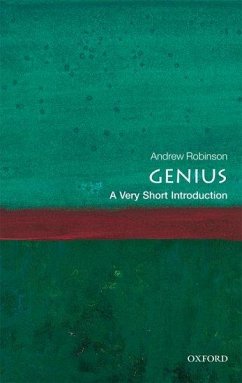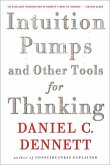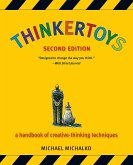Homer, Leonardo da Vinci, Mozart, Shakespeare, and Tolstoy; Curie, Darwin, Einstein, Galileo, and Newton. What do these world-famous artists and scientists have in common?- apart from the fact that their achievements predate our own time by a century or more. Most of us would probably answer: all ten possessed something we call genius, which in each instance permanently changed the way that humanity perceived the world. But pressed to be more precise, we find itremarkably hard to define genius.Genius is highly individual and unique, of course, yet it shares a compelling, inevitable quality for professionals and the general public alike. Darwin's ideas are still required reading for every working biologist; they continue to generate fresh thinking and experiments around the world. So do Einstein's theories among physicists. Shakespeare's plays and Mozart's melodies and harmonies continue to move people in languages and cultures far removed from their native England and Austria.Contemporary 'geniuses' may come and go, but the idea of genius will not let go of us. Genius is the name we give to a quality of work that transcends fashion, celebrity, fame, and reputation: the opposite of a period piece. Somehow, genius abolishes both the time and the place of its origin.This Very Short Introduction uses the life and work of familiar geniuses-and some less familiar-to illuminate both the individual and the general aspects of genius. In particular: the roles of talent, heredity, parenting, education, training, hard work, intelligence, personality, mental illness, inspiration, eureka moments, and luck, in the making of genius.ABOUT THE SERIES: The Very Short Introductions series from Oxford University Press contains hundreds of titles in almost every subject area. These pocket-sized books are the perfect way to get ahead in a new subject quickly. Our expert authors combine facts, analysis, perspective, new ideas, and enthusiasm to make interesting and challenging topics highly readable.
Hinweis: Dieser Artikel kann nur an eine deutsche Lieferadresse ausgeliefert werden.
Hinweis: Dieser Artikel kann nur an eine deutsche Lieferadresse ausgeliefert werden.








